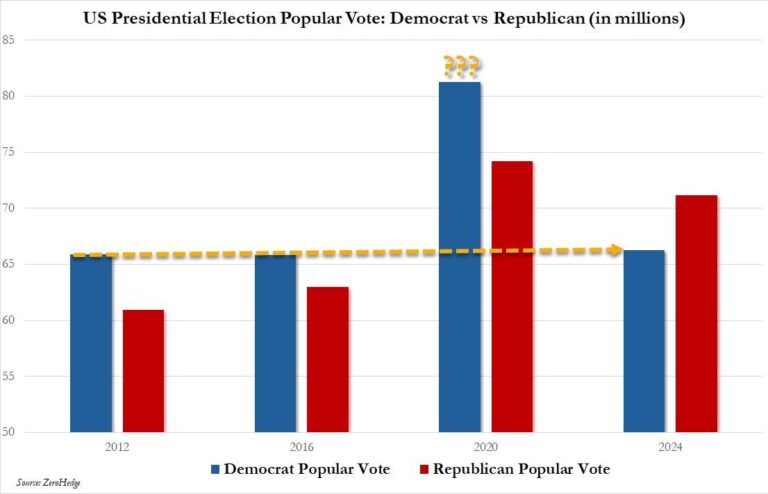I don’t really do book reviews. I get sent a lot of books and I read many of them. But if I don’t absolutely love it I don’t really write anything about it because I don’t want to write anything bad about something someone practically killed themselves writing.
I’ve never written a book but I imagine it’s pretty hard work and then to see some dopey blogger critiquing it by saying he liked it but (insert any old dumb complaint here,) just seems nasty. So I’m telling you all this to tell you that I don’t write reviews with “buts.” Either I’m all in or I’m silent. So here’s my but-less review of Joseph Pearce’s “Shakespeare on Love:”
It’s awesome. I feel smart for having read it and that takes a lot for a guy like me. I’ve read Romeo and Juliet a few times and always felt that there was something missing from the interpretations I’ve read. I mean, I always knew that Shakespeare wasn’t holding them up as models of great love. But Joseph Pearce brilliantly points out what I’ve been missing. Heck, not only me but pretty much most modern interpretations of the play.
The book doesn’t go into a lot of rigmarole trying to prove Shakespeare’s Catholicism because Pearce already did that in previous books. So if you’re willing to assume Shakespeare was at least a fairly serious Catholic (which you should) then Pearce’s most recent work takes that into his analysis of the play.
And I hate even saying “analysis” of the play because that sounds all high falutin and stuff. This book is brilliant but it’s not stuffy. It doesn’t sound like Pearce was covered in tweed and smoking a pipe as he wrote it. He may have been for all I know. It just doesn’t sound like it.
Here’s a snippet of the press release that gives you the crux of the argument:
“Star-crossed” Romeo and Juliet are Shakespeare’s most famous lovers and perhaps the most well-known lovers in literary history. Though the young pair has been held up as a romantic ideal, the play is a tragedy, ending in death. What then, asks Pearce, is Shakespeare saying about his protagonists? Are they the hapless victims of fate, or are they partly to blame for their deaths? Is their love the “real thing”, or is it self-indulgent passion? And what about the adults in their lives? Did they give the young people the example and guidance that they needed?
The Catholic understanding of sexual desire, and its need to be ruled by reason, is on display in Romeo and Juliet, argues Pearce. The play is not a paean to romance but a cautionary tale about the naïveté and folly of youthful infatuation and the disastrous consequences of poor parenting. The well-known characters and their oft-quoted lines are rich in symbolic meaning that points us in the direction of the age-old wisdom of the Church.
Although such a reading of Romeo and Juliet is countercultural in an age that glorifies the heedless and headless heart of young love, Pearce makes his case through a meticulous engagement with Shakespeare and his age and with the text of the play itself.
If you enjoy Shakespeare at all or just want to have a strong understanding of one of the most popular plays ever written so you can impress your friends, read this book.
My 7th grader has to read Romeo and Juliet next year, I believe. I’m definitely going to have her read this as well.
But don’t order now. There’s more!!! In the back of the book, Pearce goes into the relationship between Shakespeare and martyred Jesuit Robert Southwell. It’s truly fascinating. I loved it.
And that’s my but-less review. Click here to learn more and order it.


